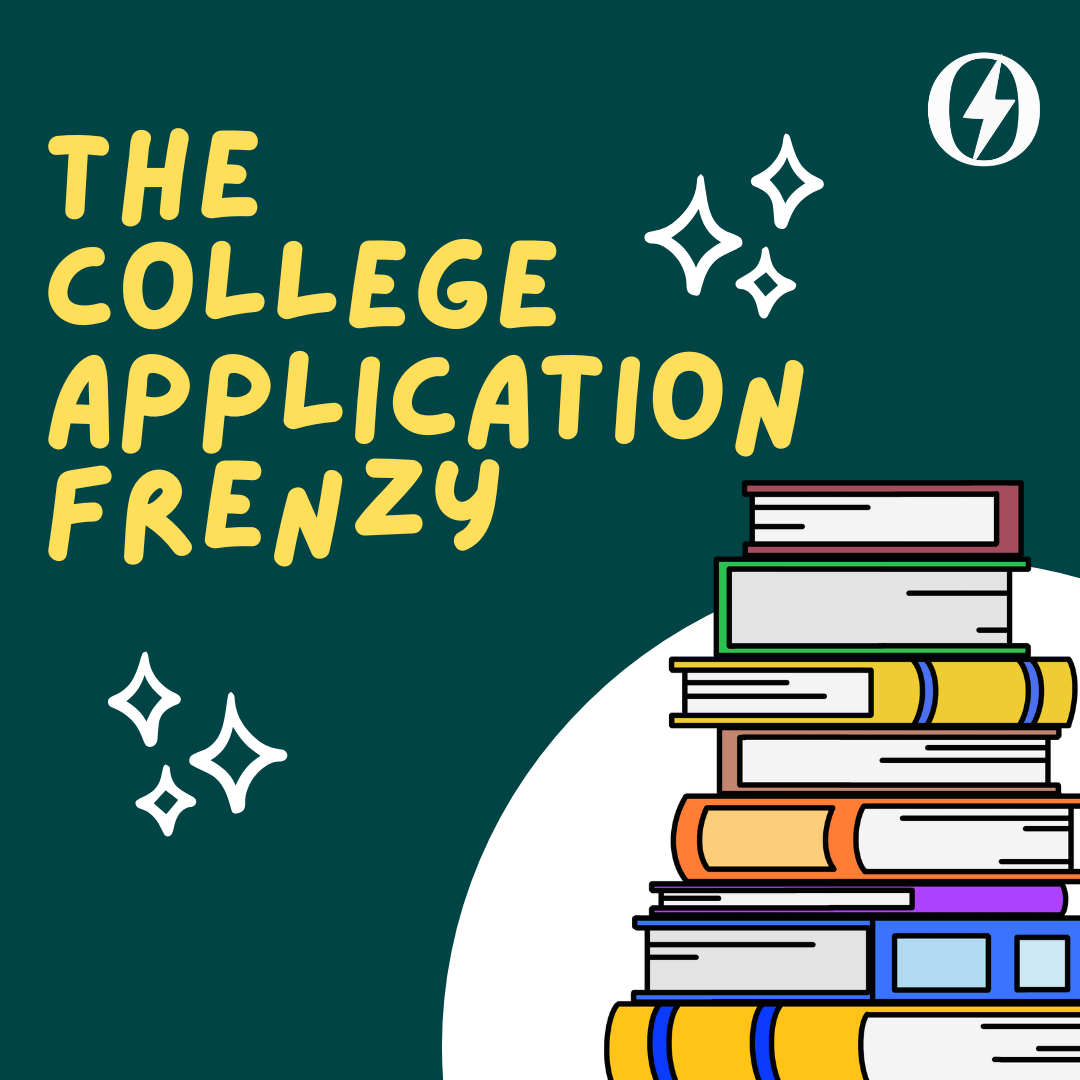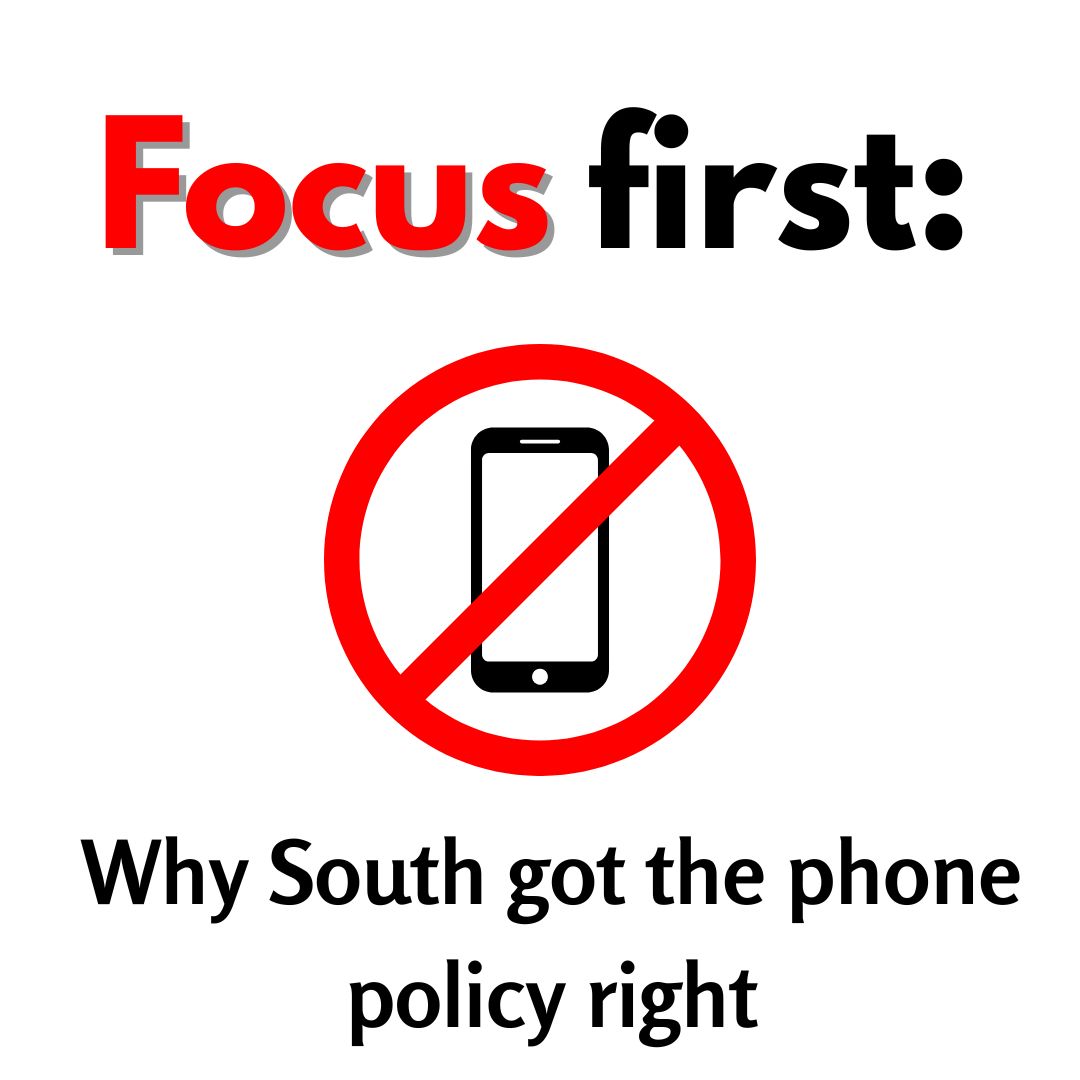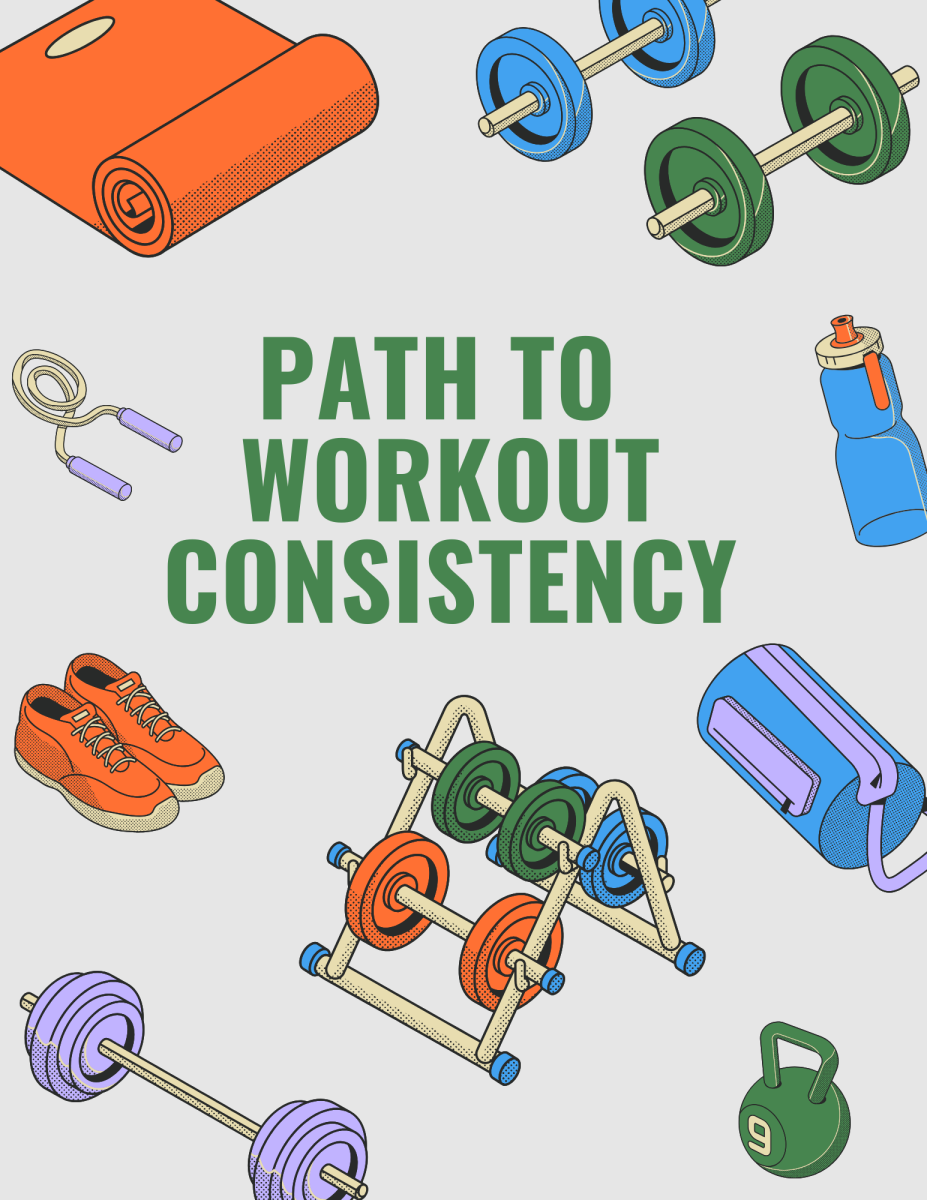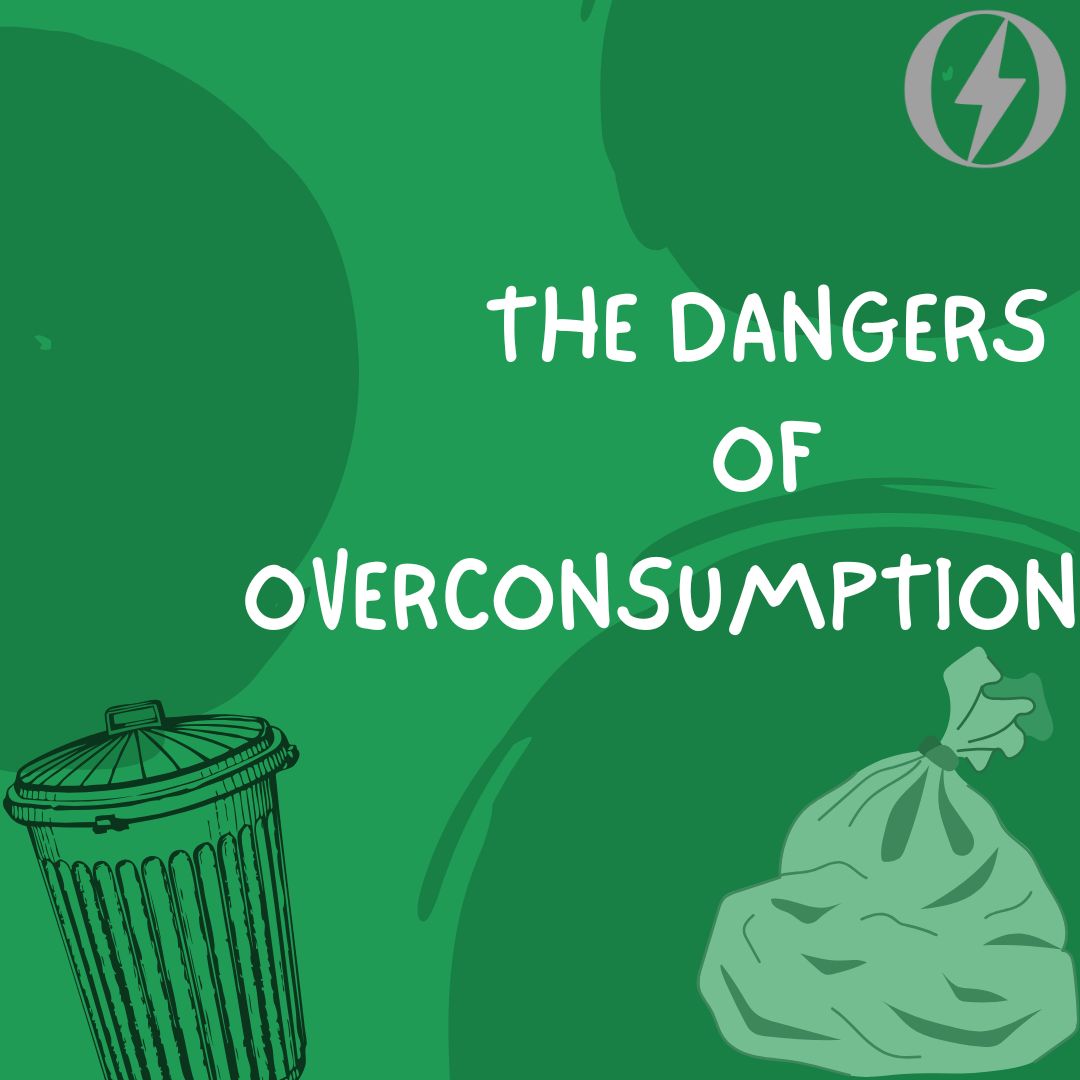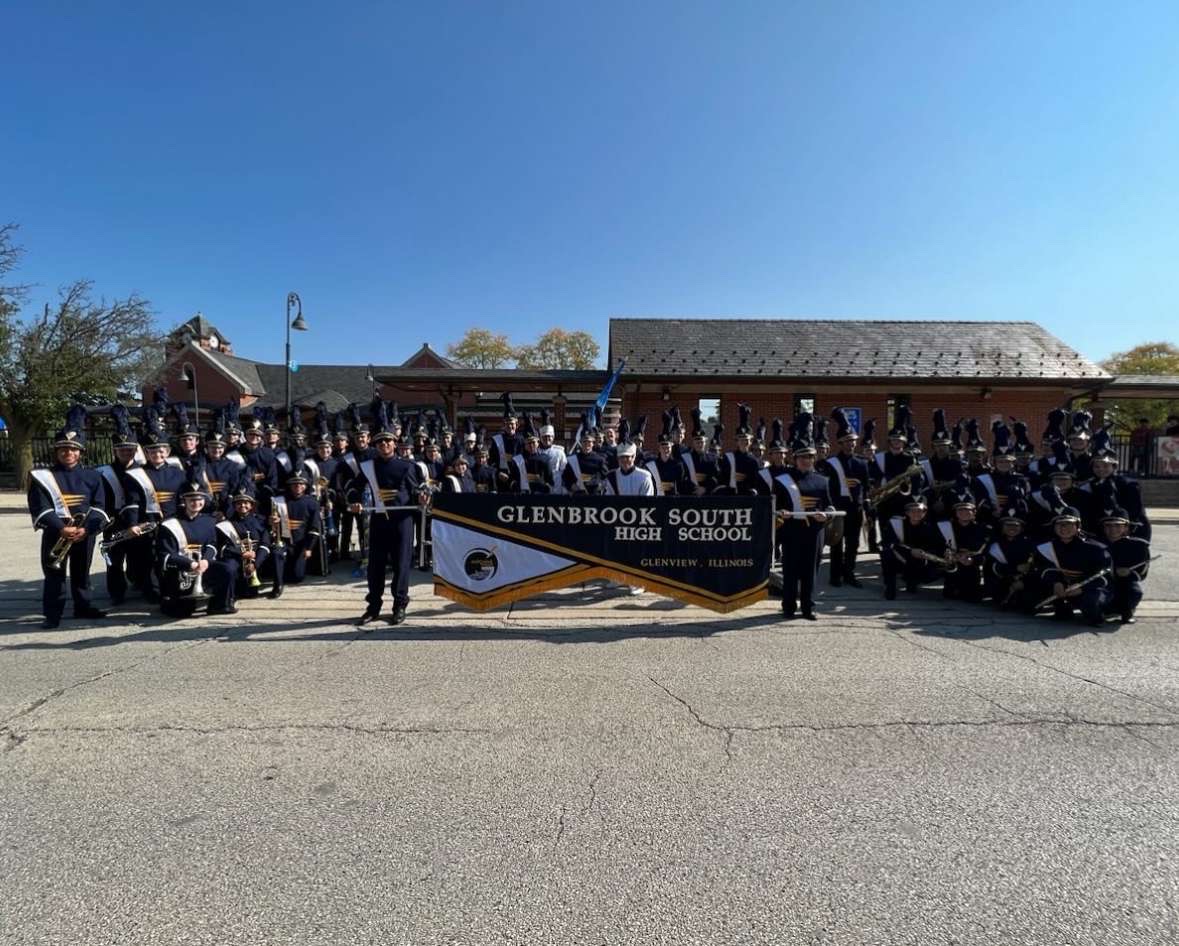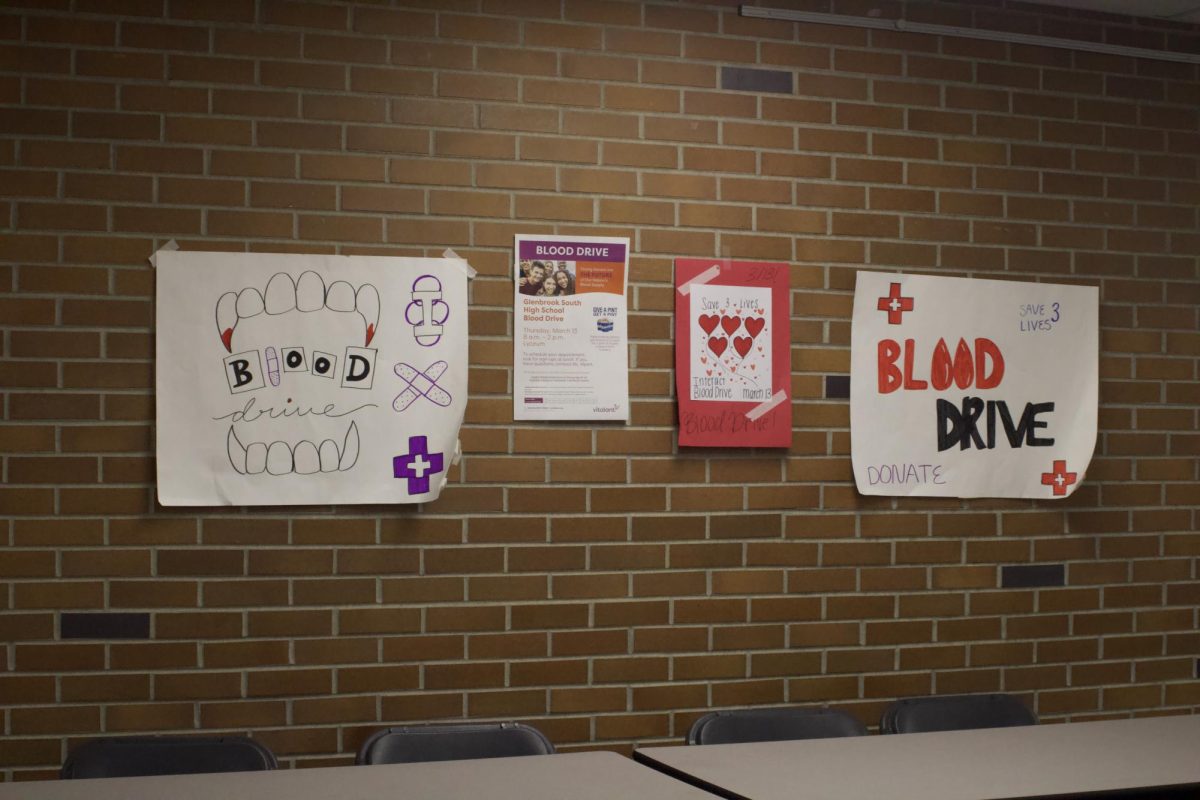Flawless SAT and ACT scores. Meeting countless looming deadlines. Writing the perfect essay that encapsulates your entire personality in 500 words. Compiling the best extracurriculars. Creating a rigorous schedule and excelling. Committing to a major–a career path to pursue for life. Finding the right fit.
All of these responsibilities mound upon high schoolers like myself.
I am ambitious. I want to go to a selective and well-known school–not necessarily an Ivy, but one dedicated to its students and packed with opportunities.
Unfortunately, this dream might be becoming increasingly unrealistic.
I have a brother, Jan, who is a senior and currently applying to universities. I watch him stress out about applications and correspondences with coaches. He often calls me into his room, asking me to review his essay or supplemental responses.
It’s unreasonable for someone to worry so much about every little word. However, this is the reality for many applicants: the competitive nature of college applications is out-of-hand and rampant.
College acceptances grapple many high school seniors across the nation in a chokehold, each hoping their efforts over four years had amounted to acceptance to their dream school. Many earnest students across the country vie for a spot in the prestigious Ivy League or Ivy Plus universities, known for their selective admissions process and high academic standards, according to the U.S. News & World Report.
The number of applicants to the eight Ivies has grown tremendously while class sizes have stayed relatively the same, making the challenge of getting accepted more monumental. The number of applicants has risen for a multitude of reasons.
“Colleges have made it easier for students to apply, while simultaneously going to great lengths to encourage more students to apply,” said Ivy Scholar, an organization that offers admissions coaching.
The main reason for this is to stay high on the college rankings, as higher rankings equal more prestige, donations, and applicants. A drop could make people question an institution’s legitimacy, Ivy Scholar adds.
Schools reach out to students in multiple ways to make students feel like they have a shot at acceptance. Raising the number of applicants lowers the acceptance rates, pushing high schoolers to do more to fight for their spots.
This so-called prestige, which thousands of students strive to attain, is all part of a greater goal for these colleges: to make money and to maintain this illusion of status and power by staying high on the rankings.
The internet propels our craving for social validation, driving our hunger for something to boast about. Those accepted to esteemed universities share their success with the world, gaining much attention by explaining the countless things you must do to get into these colleges.
By comparing myself to those on the internet, I feel like I won’t have any shot at success in the future unless I invent a habitable settlement on Mars or find the cure for cancer.
But is it even worth it?
A study by a Harvard-based organization conducted in 2023 revealed that while graduates from elite universities take up a disproportionate number of national leadership positions, there’s only a slight difference in future earnings between Ivy-Plus attendees.
Some argue that attending an Ivy or Ivy Plus university will bolster the ease of finding a job. Surprisingly, a Forbes survey of readers revealed the opposite.
“Of those hiring [authorities], 33 [percent] said they are less likely to hire Ivy League graduates than they were five years ago, with only 7 [percent saying they are more likely to hire them,” Forbes stated.
About 42 percent of employers said they are more likely to hire graduates of public universities, Forbes added, with employers becoming even more likely to hire graduates of non-Ivy League private colleges in recent years.
Employers recognize that attending a high-end college doesn’t mean being creative thinkers or valuable employees.
Many exceptional schools out there aren’t part of the Ivy League and have competitive but realistic admissions, a high-quality curriculum, and excellent opportunities for students. Unfortunately, society, propelled by the internet, creates an unreasonable expectation for attendance at Ivy League universities.
“You get looked down upon if you don’t go to one of those top-tier schools, even if a worse school is a better fit for you,” Jan said.
Instead of pressuring high school students to attend universities with glitzy names, we should encourage them to attend a school where they can harness their full potential.
Don’t get me wrong: I still want to apply to these elite schools, but that does not mean I’ll turn a blind eye to how crazy it all is. My application shouldn’t have to–and won’t–reflect a perfect, already-established Jeff Bezos. However, I want it to reflect the real me: someone eager to grow who is passionate about their interests and educational endeavors.



